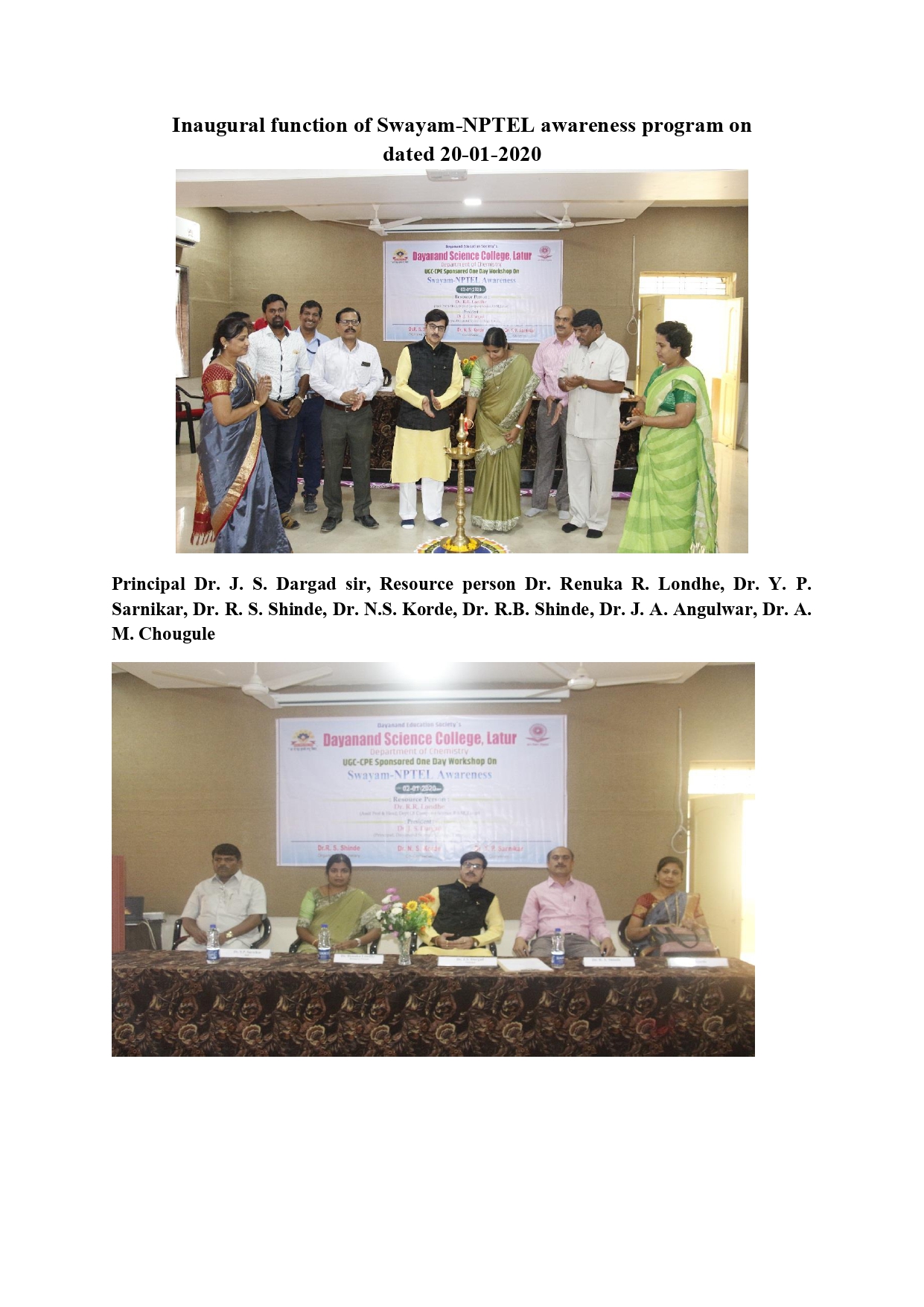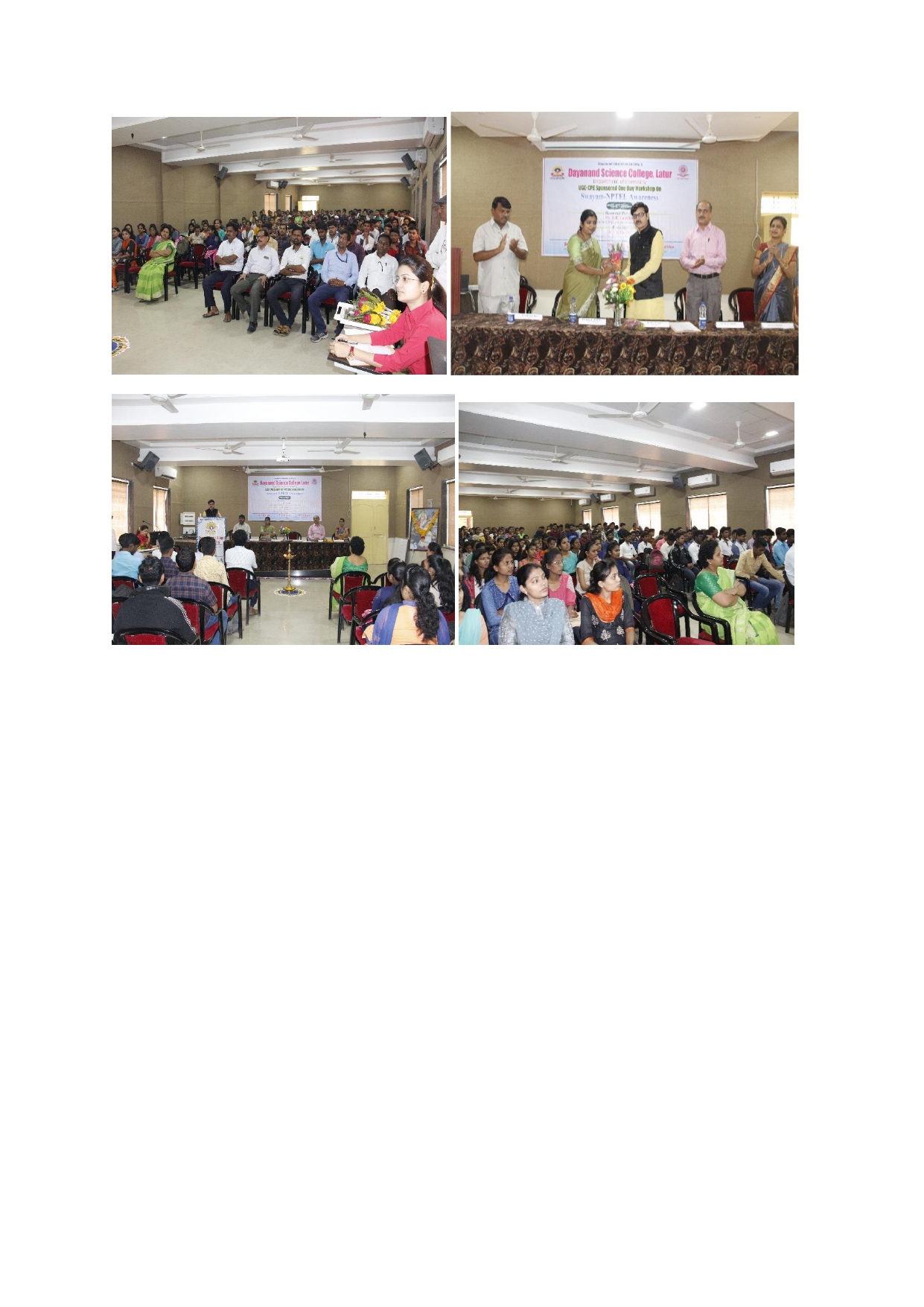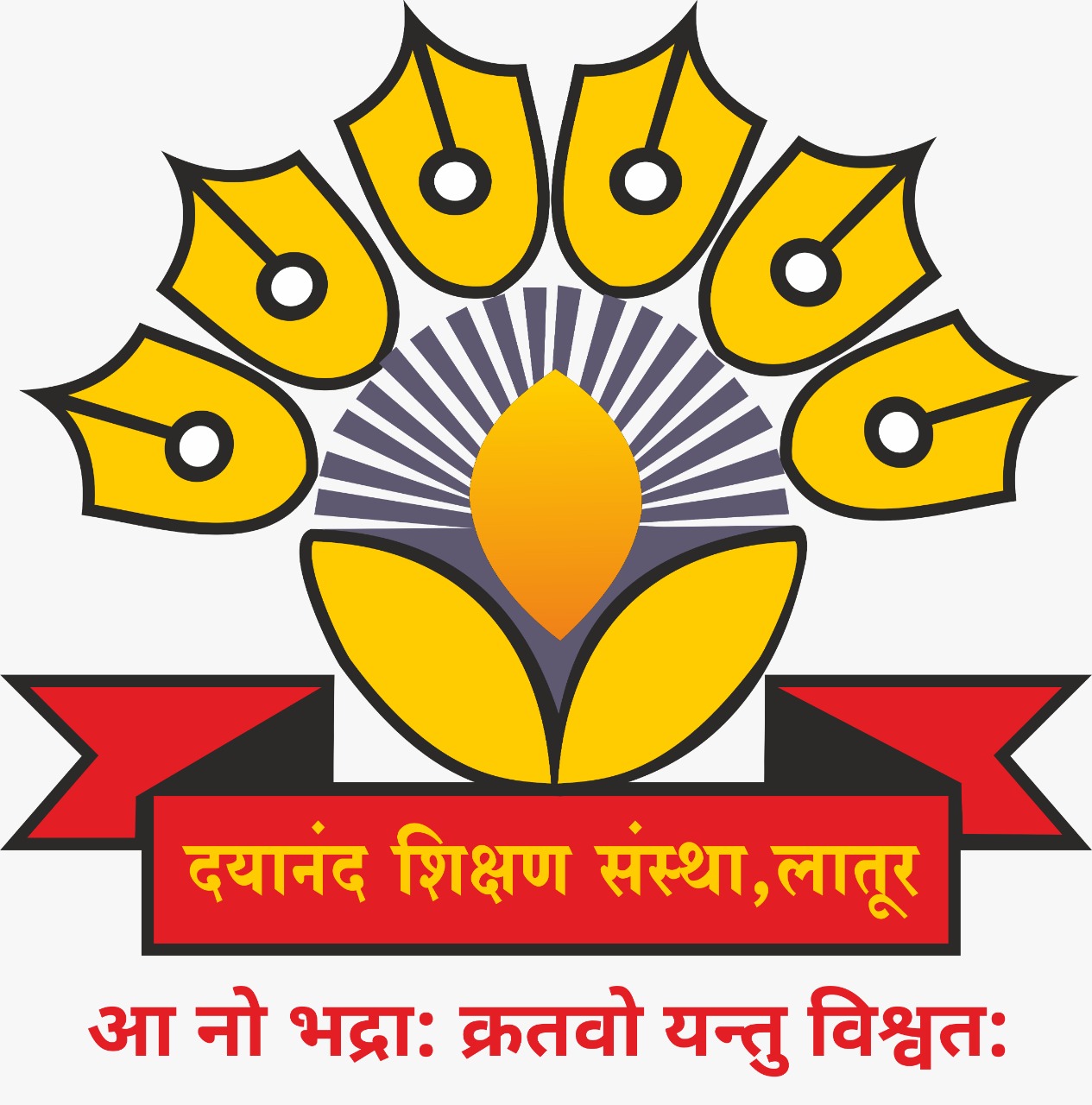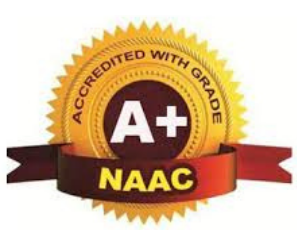Introduction:
NPTEL is an acronym for National Programme on Technology Enhanced Learning which is an initiative by seven Indian Institutes of Technology (IIT Bombay, Delhi, Guwahati, Kanpur, Kharagpur, Madras and Roorkee) and Indian Institute of Science (IISc) for creating course contents in engineering and science. NPTEL as a project originated from many deliberations between IITs, Indian Institutes of Management (IIMs) and Carnegie Mellon University (CMU) during the years 1999-2003. A proposal was jointly put forward by five IITs (Bombay, Delhi, Kanpur, Kharagpur and Madras) and IISc for creating contents for 100 courses as web based supplements and 100 complete video courses, for forty hours of duration per course. Web supplements were expected to cover materials that could be delivered in approximately forty hours. Five engineering branches (Civil, Computer Science, Electrical, Electronics and Communication and Mechanical) and core scienceprogrammes that all engineering students are required to take in their undergraduate engineering programme in India were chosen initially. Contents for the above courses were based on the model curriculum suggested by All India Council for Technical Education (AICTE) and the syllabi of major affiliating Universities in India.
Objectives:
- The basic objective of science and engineering education in India is to devise and guide reforms that will transform India into a strong and vibrant knowledge economy. In this context, the focus areas for NPTEL project have been i) higher education, ii) professional education, iii) distance education and iv) continuous and open learning, roughly in that order of preference.
- Manpower requirement for trained engineers and technologists is far more than the number of qualified graduates that Indian technical institutions can provide currently. Among these, the number of institutions having fully qualified and trained teachers in all disciplines being taught forms a small fraction. A majority of teachers are young and inexperienced and are undergraduate degree holders. Therefore, it is important for institutions like IITs, IISc, NITs and other leading Universities in India to disseminate teaching/learning content of high quality through all available media. NPTEL would be among the foremost and an important step in this direction and will use technology for dissemination.
- India needs many more teachers for effective implementation of higher education in professional courses. Therefore, methods for training young and inexperienced teachers to enable them carry out their academic responsibilities effectively are a must. NPTEL contents can be used as core curriculum content for training purposes.
- A large number of students who are unable to attend scholarly institutions through NPTEL will have access to quality content from them.
All those who are gainfully employed in industries and all other walks of life and who require continuous training and updating their knowledge can benefit from well-developed and peer-reviewed course contents by the IITs and IISc.
Implementation Of NPTEL:
There are two committees, the National Programme Committee (NPC) headed by the Joint Secretary, Higher Education, MHRD and the Programme Implementation Committee (PIC), headed by Professor M. S. Ananth, Director IIT Madras and Professor in Chemical Engineering. The NPC oversees implementation of the programme and offers policy guidelines and financial structure. Some of the NPC members are also members of the PIC. The PIC enables the smooth functioning of the project in several phases and takes care of content creation and technology implementation. Members of the PIC meet periodically (about once every three months) to study the progress and issues related to coursework development. In each IIT/IISc faculty are nominated as TEL coordinators to interact with their colleagues and encourage them to prepare course materials and offer technical and financial assistance using funds sanctioned for that purpose. In addition, two National coordinators, one for web based development and one for video lectures offer assistance and oversee the National programme. Groups are formed for solving specific technology or pedagogy related issues and arrive at general guidelines for faculty preparing course materials. In the first phase of the programme about 350 faculty members in all partner institutions worked together to deliver lecture contents. In the next phase this is likely to increase to well over 1000 faculty. Other Institutions such as NITs and major University faculty are also likely to participate.
Establishing NPTEL Local ChapterIn Our College
The Dayanand science college, Latur establish NPTEL local chapter on dated 19-1-2018.According to this our principle prepare committee to run online NPTEL course. The NPTEL local chapter web page of Dayanand Science College, being created by NPTEL on it: Click Here.
To join a course for Students to Register Online SWAYAM NPTEL ExamPlease go to this link to join for courses that you/students are interested in.
orororor
Overall SWAYAM NPTEL Subject wise Results till date of
Dayanand Science College Local chapter
All certificates of NPTEL Courses
| Exam | Subject | Appeared | Pass |
| Jul-Dec 2022 | computer Science Workshop | 02 | 02 |
| Jan-April 2022 | Biology | 02 | 02 |
| July-Dec 2021 | Chemistry | 01 | 01 |
| Jan-Apr 2021 | Chemistry | 02 | 01 |
| Biochemistry | 02 | 02 | |
| July-Dec 2020 | Plant Development Biology | 01 | 00 |
| Jan-Apr 2020 | Computer Science | 01 | 01 |
| SWAYAM Arpit Feb-2020 | Chemistry | 03 | 03 |
| July-Dec 2019 | Mathmatics | 04 | 04 |
| Microbiology | 01 | 01 | |
| Jan-Apr 2019 | Chemistry | 01 | 01 |
| Biotechnology | 03 | 02 | |
| July-Oct 2018 | Biotechnology | 03 | 03 |
 |
 |
NPTEL Activity
Awareness and Registration Camp.

